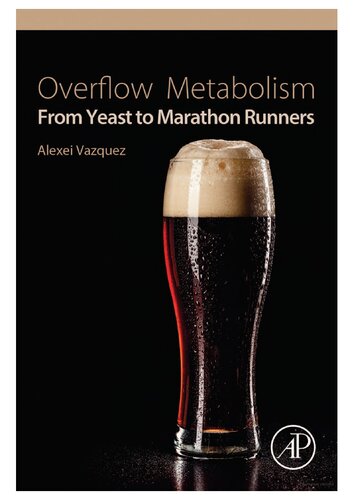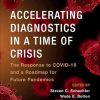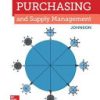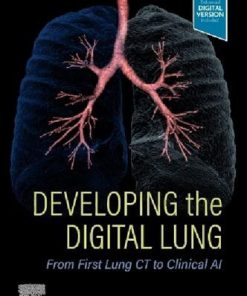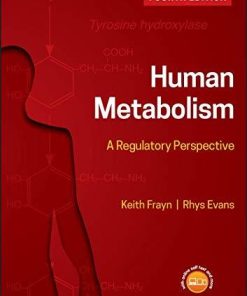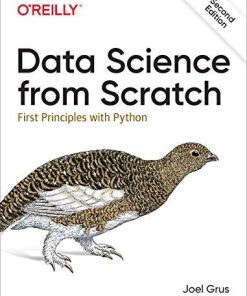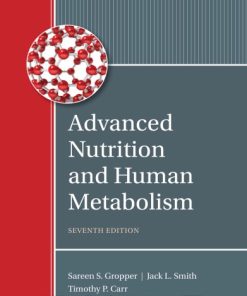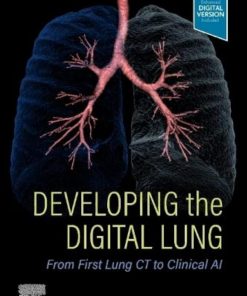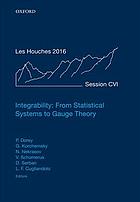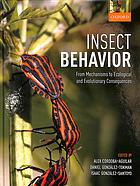Overflow Metabolism: From Yeast to Marathon Runners First Edition Alexei Vazquez
$50.00 Original price was: $50.00.$25.00Current price is: $25.00.
Overflow Metabolism: From Yeast to Marathon Runners – Ebook Instant Download/Delivery ISBN(s): 9780128122082,9780128123355,0128122080,0128123354
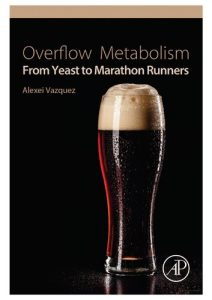
Product details:
- ISBN-10 : 0128122080
- ISBN-13 : 978-0128122082
- Author(s): Alexei Vazquez
Overflow Metabolism: From Yeast to Marathon Runners provides an overview of overflow metabolism, reviewing the major phenomenological aspects as observed in different organisms, followed by a critical analysis of proposed theories to explain overflow metabolism. In our ideal view of metabolism, we think of catabolism and anabolism. In catabolism nutrients break down to carbon dioxide and water to generate biochemical energy. In anabolism nutrients break down to generate building blocks for cell biosynthesis. Yet, when cells are pushed to high metabolic rates they exhibit incomplete catabolism of nutrients, with a lower energy yield and excretion of metabolic byproducts.
This phenomenon, characterized by the excretion of metabolic byproducts that could otherwise be used for catabolism or anabolism, is generally known as overflow metabolism. Overflow metabolism is a ubiquitous phenotype that has been conserved during evolution. Examples are the acetate switch in the bacterium E. coli, Crabtree effect in unicellular eukaryote yeasts, the lactate switch in sports medicine, and the Warburg effect in cancer. Several theories have been proposed to explain this seemingly wasteful phenotype. Yet, there is no consensus about what determines overflow metabolism and whether it offers any selective advantage.
Table contents:
1. Catabolism, anabolism and overflow
2. Pasteur, Warburg and Crabtree
3. The chemostat experiment
4. Biochemical horsepower
5. The Marathon world record
6. How fast can a cell grow?
7. Metabolic neurodegeneration
People also search:
does overeating slow metabolism
does overeating increase metabolism
metabolism overdrive
can slow metabolism cause obesity
can overeating boost metabolism
can slow metabolism be fixed
You may also like…
Uncategorized
Uncategorized
Developing the Digital Lung: From First Lung CT to Clinical AI 1st Edition John D. Newell
Politics & Philosophy - Social Sciences
Biology and other natural sciences - Biology


